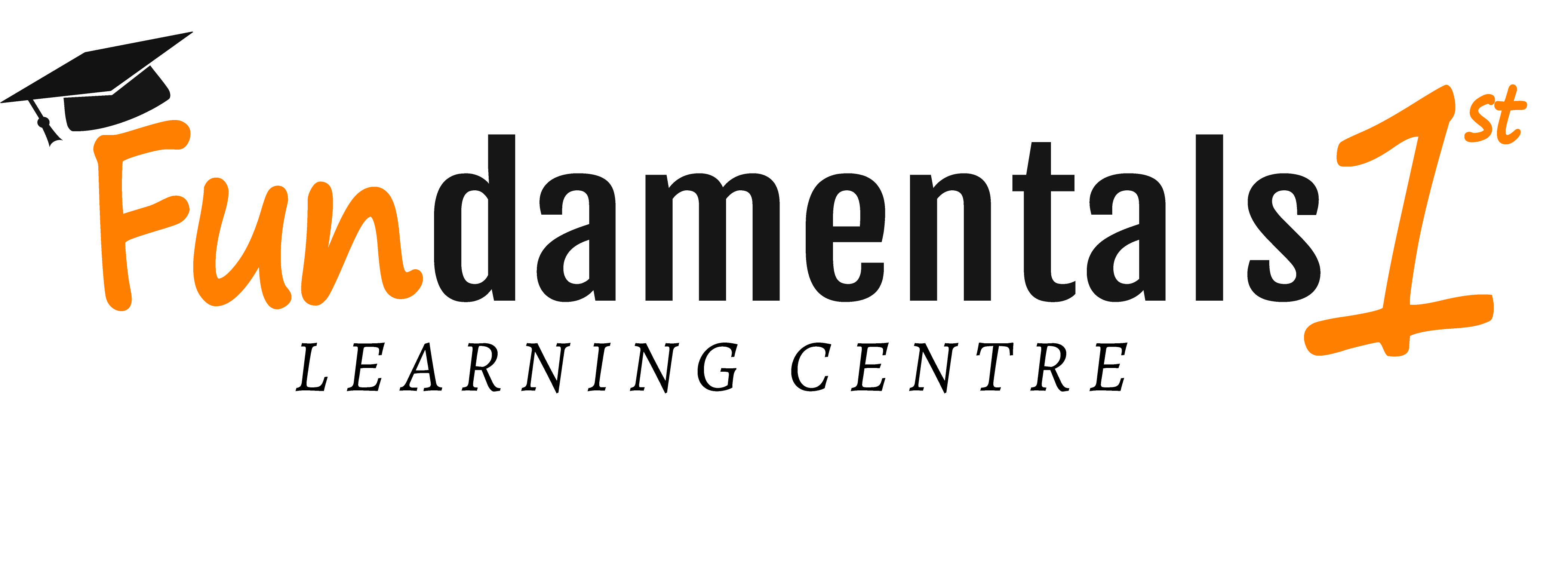
Active Recall – The Power of Testing Your Knowledge
When it comes to mastering a subject, one of the most effective ways to reinforce your understanding is through active recall. This technique goes beyond passive studying methods like rereading or highlighting and helps students actively retrieve information from memory, creating stronger mental connections. At Fundamentals First Learning Tutors Edmonton, we encourage students to integrate active recall into their study habits to build lasting knowledge. Let’s dive into how this powerful method works and how you can start using it today.
What is Active Recall?
Active recall is a study strategy that involves testing yourself on the material you’re learning, rather than simply reviewing it. The process of recalling information without directly looking at notes or textbooks is what strengthens memory and understanding. It challenges your brain to bring information to the forefront, making it easier to remember in the future.
For instance, if you’re studying a science topic, instead of just reading through your notes, try quizzing yourself on key concepts. The effort to retrieve the information actively strengthens your brain’s connection to it.
Why Active Recall Works
Research shows that active recall is one of the most effective learning methods for improving memory retention and understanding. When you actively recall information, you’re essentially “exercising” your memory muscles, making it easier to retrieve that information later on. Studies suggest that active recall can increase information retention by as much as 50% compared to passive review techniques like rereading.
At Fundamentals First Learning Tutors Edmonton, we’ve seen firsthand how active recall transforms students’ study routines and outcomes. Students gain confidence and mastery over their material, helping them excel not only in exams but also in real-world applications of their knowledge.
How to Use Active Recall in Your Studies
Getting started with active recall doesn’t require any special tools, just a commitment to engage with the material actively:
- Use Flashcards: Write questions on one side of a flashcard and answers on the other. Go through the flashcards, trying to recall the answer to each question without looking. If you struggle with a card, set it aside to review more frequently.
- Quiz Yourself: Create quiz questions from your notes or textbook chapters. Test yourself at the end of each study session and make it a habit to quiz yourself at regular intervals.
- Close Your Notes: After reviewing a concept, close your notes and try to write or recite everything you remember. This approach forces you to rely on memory, and you can check your notes afterward to see if you missed anything.
- Teach the Material: Teaching is a fantastic way to practice active recall. Explain the material to a friend, family member, or even a stuffed animal. If you can teach it clearly, you’re likely to understand it well.
Why Active Recall is Ideal for Exam Preparation
Active recall prepares students for exams and real-life scenarios by training them to access information quickly and confidently. Unlike passive studying, which often leads to short-term recall, active recall promotes deep learning and long-term retention. At Fundamentals First Learning Tutors Edmonton, we emphasize active recall because it builds self-reliance and a true mastery of the subject matter.
Get Started with Active Recall Today
Implementing active recall in your studies might feel challenging at first, but the benefits are worth it. Start small, using a few of the techniques above, and gradually increase your use of active recall as you get more comfortable. With regular practice, you’ll find that your ability to remember and understand material improves significantly.


